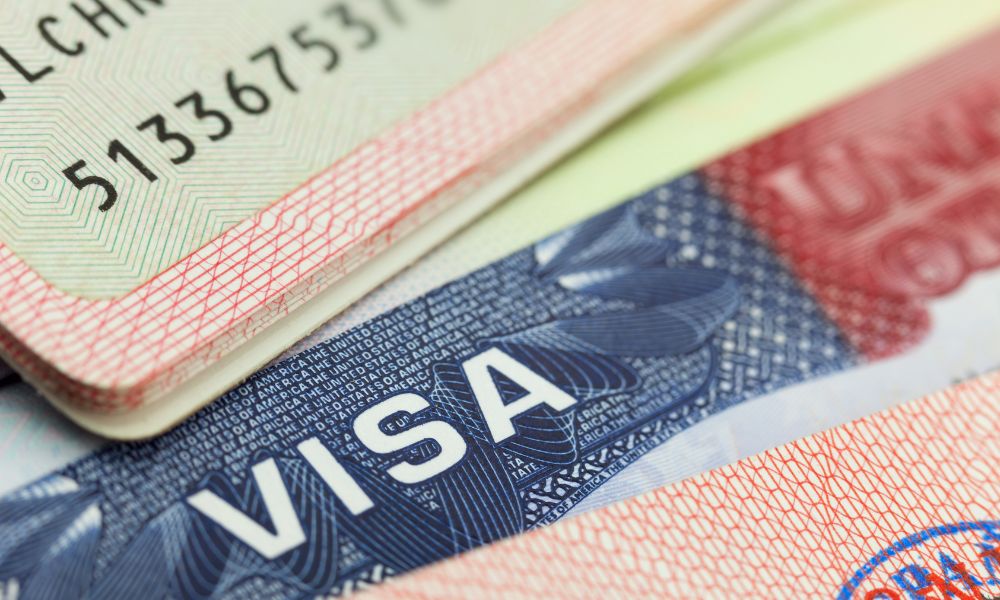
Navigating the complexities of international travel for people on a K-1 fiancé(e) visa can be daunting. This special visa, designed to bring together U.S. citizens and their foreign-born partners, comes with legal constraints that dictate when and how visa holders can travel outside the United States.
Understanding these restrictions and the associated procedures is crucial to avoid complications that could jeopardize the entire immigration process. Continue reading what to know about travel limitations for fiancé visa holders.
Understanding K-1 Visa Travel Restrictions
Once a K-1 visa holder marries, they can travel within the U.S. and legally obtain a state-issued driver’s license. However, K-1 recipients are initially restricted from traveling abroad.
The “one use” portion of the K-1 visa means leaving the U.S. without permission could result in banishment from the country. This restriction is in place to ensure they uphold the primary purpose of the visa—marrying the U.S. citizen sponsor.
The U.S. embassy in the foreign national’s home country will stamp the passport with the K-1 visa, detailing the date and place of entry into the United States. However, departing on that same K-1 visa could result in significant legal problems for the traveler.
Exceptions and Special Circumstances
While the primary rule states K-1 visa holders may travel only after the marriage on their visa-sponsored trip to the U.S., some exceptions exist. Emergency situations, like life-or-death events or critical health concerns, may warrant travel outside of the United States.
In these cases, it is essential to file for an Emergency Advance Parole document to travel and return legally, especially if the green card application is pending. However, even with this provision, the K-1 visa holder must be cautious not to abuse the privilege.
Legal Consequences of Violating Travel Restrictions
Misunderstanding the travel limitations for fiancé visa holders or defying these travel restrictions can have far-reaching implications. Exiting the U.S. without explicit permission or ineligibility for an Advance Parole document could potentially result in denied reentry for the K-1 visa holder.
This is not a mere inconvenience; it could lead to repercussions, from restarting the immigration process outside the U.S. to facing a ban on future entry. Furthermore, any impression of willful disregard for visa conditions could negatively impact future immigration petitions and applications.
Guidance for Fiancé(e) Visa Holders
The complexity of these travel rules indicates that professional guidance is essential for helping you understand your situation and potential paths forward. The expertise of a legal professional can be invaluable, and they can help you do things like obtain a permit and clearly communicate with U.S. Citizenship and Immigration Services.
As a fiancé visa attorney in New Orleans, Gahagan Law can help you navigate the K-1 fiancé(e) visa process from start to finish. When you need complete answers to your pressing concerns, we’ll keep you informed every step of the way. Schedule a consultation with us today.
